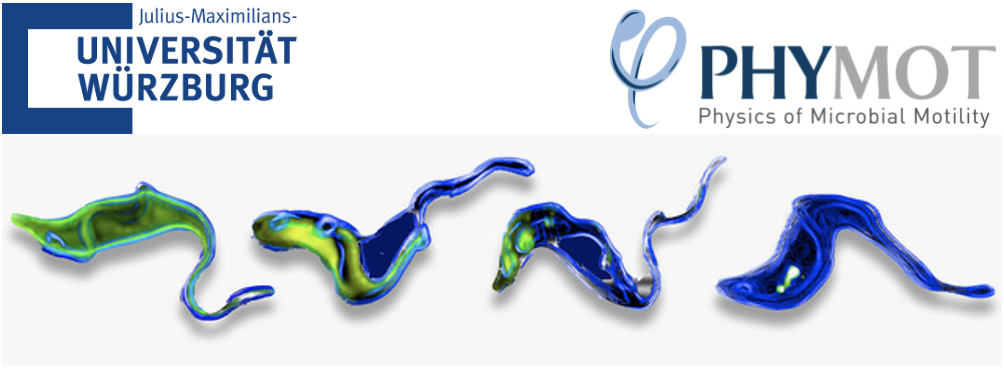Speaker
Description
Antibiotic resistance is a growing issue in healthcare worldwide and is currently responsible for over one million deaths annually. We seek to develop a new method for antibiotic susceptibility testing (AST) using single-cell microscopy. The assay is based on a multi-pad agarose plate (MAP), where one or more bacteria samples are placed on 96 small agarose pads. Each pad provides a growth environment where media, nutrients, and toxins can be added independently. The bacteria are confined to a single imaging plane using a glass coverslip and imaged for two hours with single-cell microscopy. We then analyse the image sets with a fully automated segmentation pipeline that outputs statistics for colony growth and single-cell characteristics. We demonstrate how, by adding concentration gradients of antibiotics to the pads, the minimum inhibitory concentration (MIC) can be consistently determined. Additional experiments were also conducted to demonstrate that the pads on the MAP are not affected by their neighbours and that the method is not sensitive to agarose concentration and seeding density.

